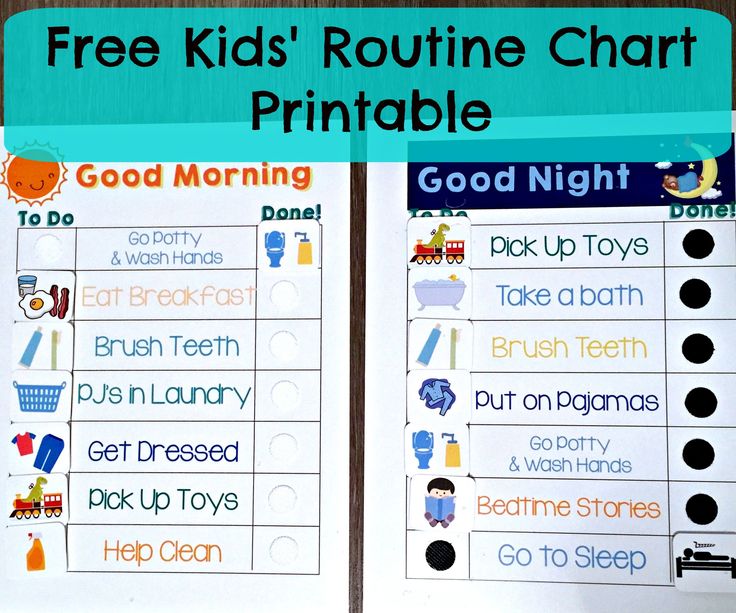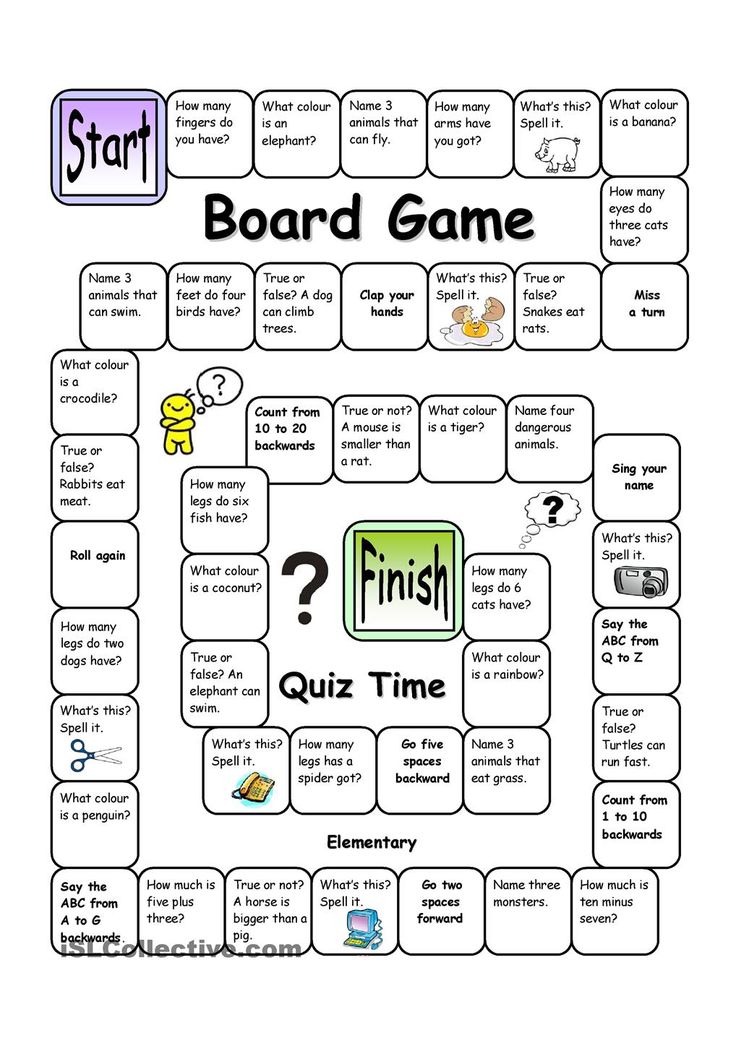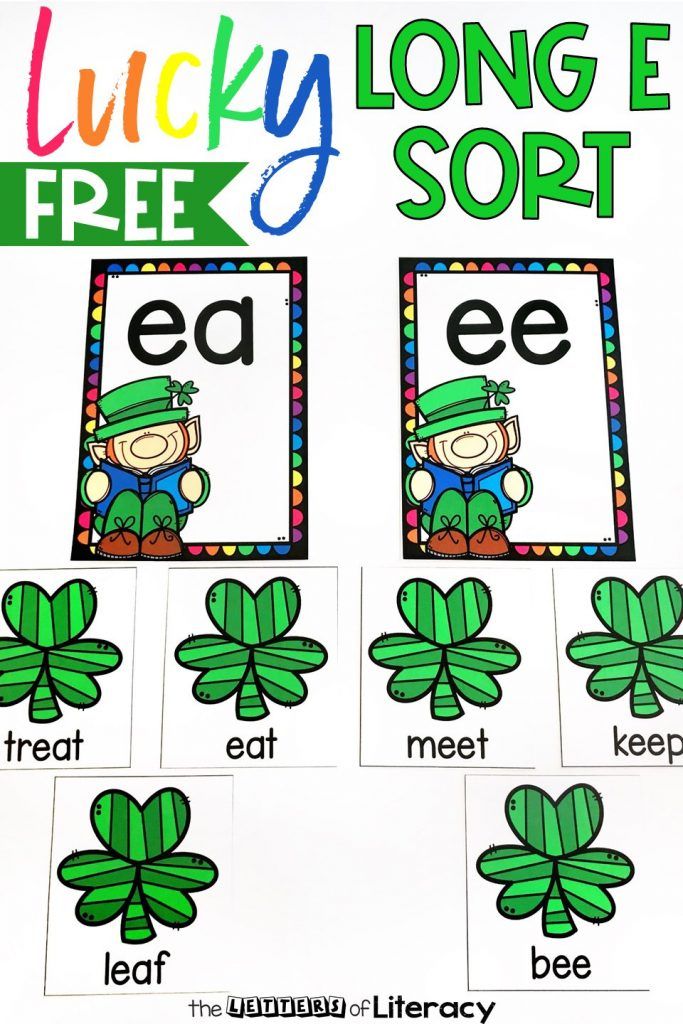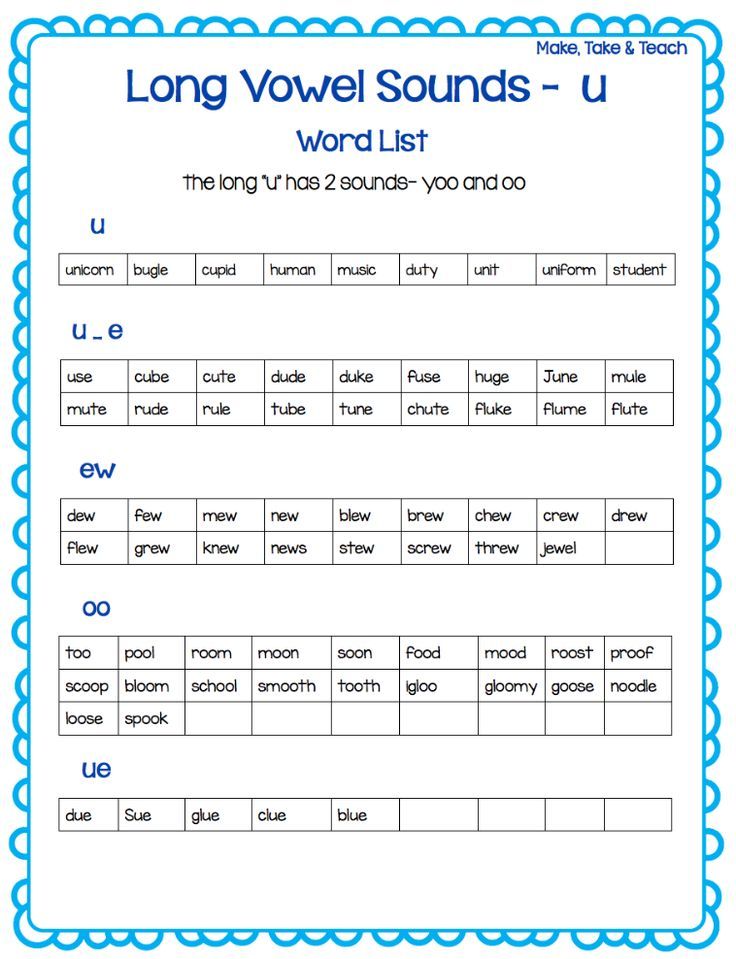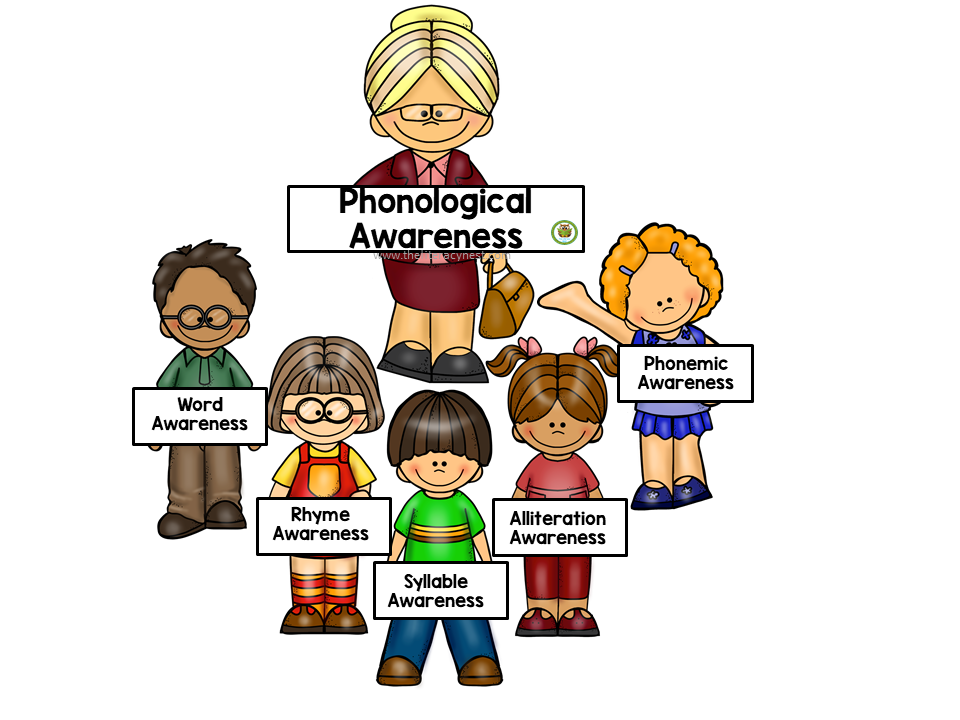Short stories for sleep
10 Bedtime Stories for Adults to Help You Get Some Serious Shut Eye
This content contains affiliate links. When you buy through these links, we may earn an affiliate commission.
I’ve never been blessed with the ability to fall asleep fast. I have to toss and turn and click around on my phone for an hour at least before I can even attempt to get some shut eye. It drives me up the wall sometimes when I have an early morning or a big meeting the next day and all I can do is lie there.
Bedtime stories as a kid always helped me shorten that empty time between when I got in bed and when I actually fell asleep. But, as I’ve moved into adulthood, the fairytales and fables have been replaced with social media and mindless scrolling. I know, I know, this so does not help my inability to sleep. It’s hard to turn it off sometimes and sit in silence instead.
Which got me wondering, are there bedtime stories for adults that could take the place of those from my childhood? There are apps, I know, that play white noise or block notification or limit your screen time. But I wanted that feeling of being a kid and reading a nice, gentle story before bed.
If you’re in the same boat I am, seeking that same feeling but a little more grown up, try one of these bedtime short stories for adults to see if you can get some sleep.
“Whitefoot” by Wendell Berry
“Whitefoot” focuses on the life of a mouse much in a similar vein of the many fables your parents read you as a kid. Whitefoot the mouse encounters some tribulations, obstacles from the large world around her, but (spoiler alert) she gets out unscathed, ready to keep at it. It’s long, gentle, and beautiful. You’ll have images of little Whitefoot’s journey with you as you fall asleep.
“Hills Like White Elephants” by Ernest Hemingway
I’m sure many of you have read “Hills Like White Elephants” at some point in your school career. Masked in metaphor and implications, the surface level of the story is simply a conversation between a couple while waiting for their train. Sure, there’s subtext if you want to dig into it.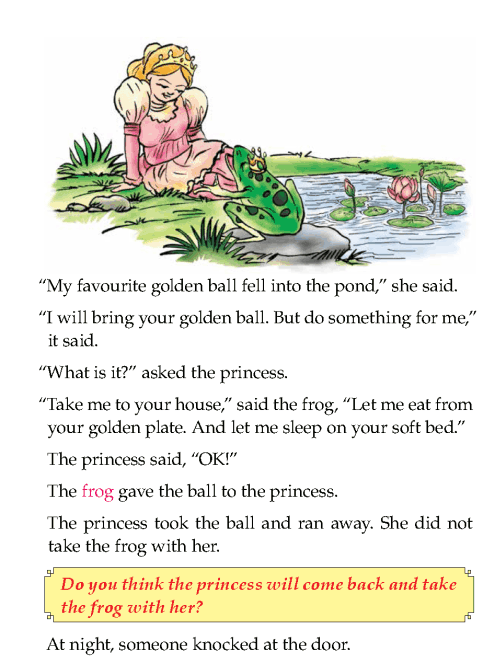 But, if you turn off your thinking brain and read the straightforward prose, you’ll be drifting off in no time.
But, if you turn off your thinking brain and read the straightforward prose, you’ll be drifting off in no time.
“Ghosts and Empties” by Lauren Groff
Some of you may share a fondness for walking when you can’t sleep, much like the main character in “Ghosts and Empties.” She walks off her anger, her pent up feelings, through her neighborhood and the ones surrounding it. She ponders her neighbors, the people she sees, thinks about her home and her boys and her husband. If walking soothes you, this story will too.
“With the Beatles” by Haruki Murakami
“With the Beatles” traces a man’s discovery of The Beatles in his young adulthood through his life alongside his dating history. It has the feeling of remembering the first time you found your favorite band and how that love develops through your life, major events coinciding with new releases. You know that feeling when you play a song and remember where you were in life when you were obsessed with it? This story feels like that: nostalgic and comforting.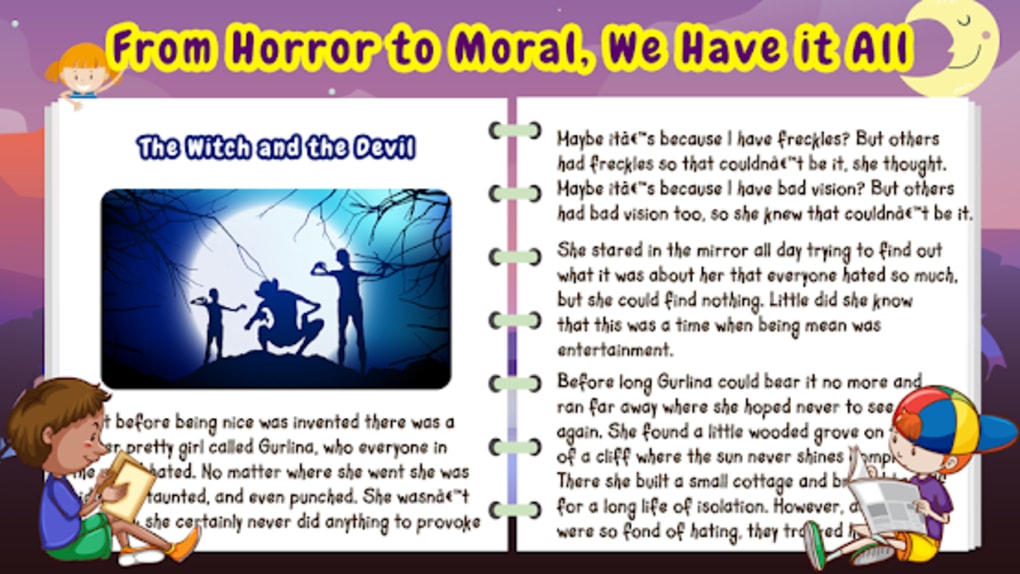
“The Book of Martha” by Octavia Butler
“The Book of Martha” is, at it’s core, about how to make a perfect world. Or, I guess, how difficult that is. God grants Martha the power to help humanity. But that proves much harder than she thought. In a careful exploration of belief, perfection, and humanity, “The Book of Martha” is sure to catch your attention without keeping you up too late. Plus, it’ll give you something to think through when you close your eyes, pushing those pesky daily worries out the window.
“Cousin Tribulation’s Story” by Louisa May Alcott
This short story set on New Year’s Day follows a family who sacrifice their meal to help their neighbors in need. It’s heartwarming and sure to restore your faith in humanity before you go to sleep. Plus, it’s only 800 words! You won’t be up late into the night to find out what happens, and you’re sure to have a smile on your face when you do.
“Bruce and the Spider” by James Baldwin
This quick, fable-like story follows a king as he watches a spider. The spider keeps failing to connect her web, and the king, also having failed in battle, sympathizes with her. But she keeps trying, and so he decides to take her cues and try again himself. It’s sure to inspire you in its simplicity and put you to sleep with it too.
The spider keeps failing to connect her web, and the king, also having failed in battle, sympathizes with her. But she keeps trying, and so he decides to take her cues and try again himself. It’s sure to inspire you in its simplicity and put you to sleep with it too.
“Instructions” by Neil Gaiman
This is more of a poem, and intended for a younger audience perhaps, but the rhythm is sure to lull you no matter your age. As the title implies, “Instructions” is a list of, well, instructions on how to leave home, how to interact with the world, and how to come back again. You’ll meet an imp, an old woman, a ferryman, an eagle, and ghosts in time. You’ll pick strawberries and return favors and grow up in your time away. This is one of those bedtime stories for adults and children alike.
“Kew Gardens” by Virginia Woolf
This short stories centers around the Kew Gardens in London on a summer day. Various pairs of people walk past the flowers, each lost in their own thoughts.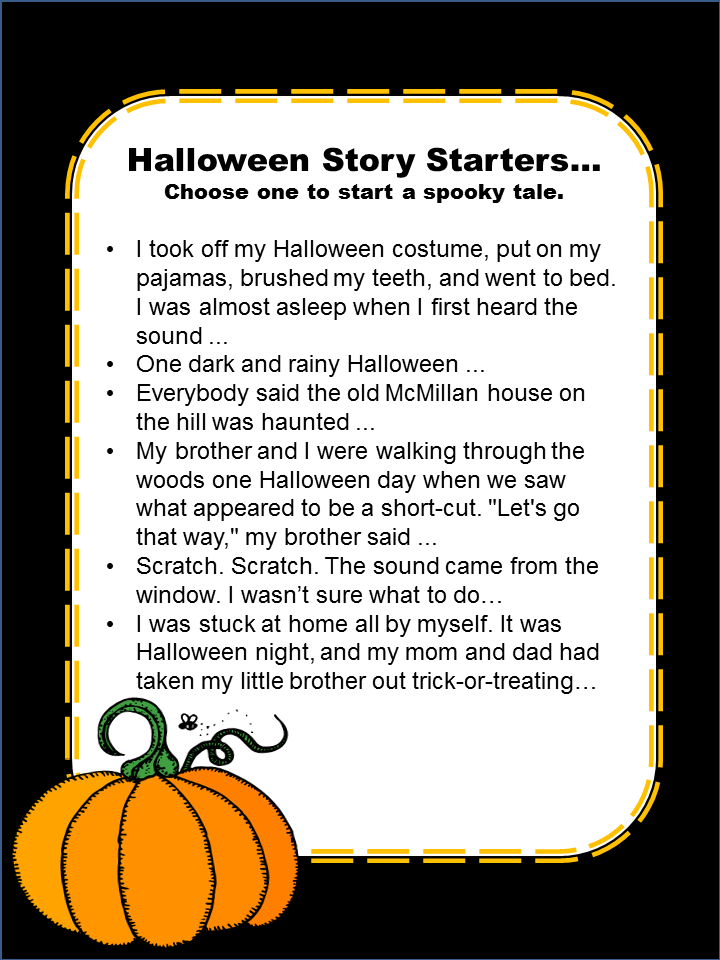 A young couple, a pair of men, and an elderly couple meander through the narrative. A snail makes an appearance as it climbs a flower. The story is gentle and slow, making it perfect to help you drift off tonight.
A young couple, a pair of men, and an elderly couple meander through the narrative. A snail makes an appearance as it climbs a flower. The story is gentle and slow, making it perfect to help you drift off tonight.
“A Telephone Call” by Dorothy Parker
“A Telephone Call” is a sweet, light-hearted story of a woman waiting by the phone. That’s it. Much the same way we wait for that text or Snapchat now, the main character sits beside the telephone waiting for a man to call. The internal monologue and lack of much else won’t raise the blood pressure or keep you too engaged. You’ll sleep, maybe thinking of your own telephone call.
I hope these bedtime stories for adults helped you get some shut eye. If you’re still looking for something low-key or soothing, try these comforting books for hard times or these comforting comics, if those are more your speed. You can also be read to sleep with these soothing audiobooks to fall asleep to.
Home of the Brave – A Bedtime Short Story by Thom Brodkin – Reedsy Prompts
A mom’s job is never truly finished—Elise knew this instinctively when her son was born. For at least the hundredth time, she sat next to his bed in that chair mending his quilt. There was no way of knowing, the day she bought it at a flea market, that it would become her son’s most valued possession.
For at least the hundredth time, she sat next to his bed in that chair mending his quilt. There was no way of knowing, the day she bought it at a flea market, that it would become her son’s most valued possession.
To call it a quilt stretched the definition as it was nothing more than a thousand pieces of oddly shaped swatches stitched together, layer after layer, until the whole of it was thick enough to hold in the warmth of a small boy's body as he drifted off to sleep. The person who pieced together this labor of love must have spent countless hours shaping the useless remnants into a usable blanket. Elise felt it was her duty to repair the inevitable rips as an homage to the unknown creator and as a manifestation of her adoration for the little boy who cherished it.
“I love how cool it feels when I first get into bed,” her little man observed the first night he wrapped himself in the old quilt. “But before long, it warms up, and I’m snug as a bug in a rug. Where did you get it?”
The question was one whose answer was too mundane to inflict on a wide eyed little boy, so Elise stretched the truth just a little.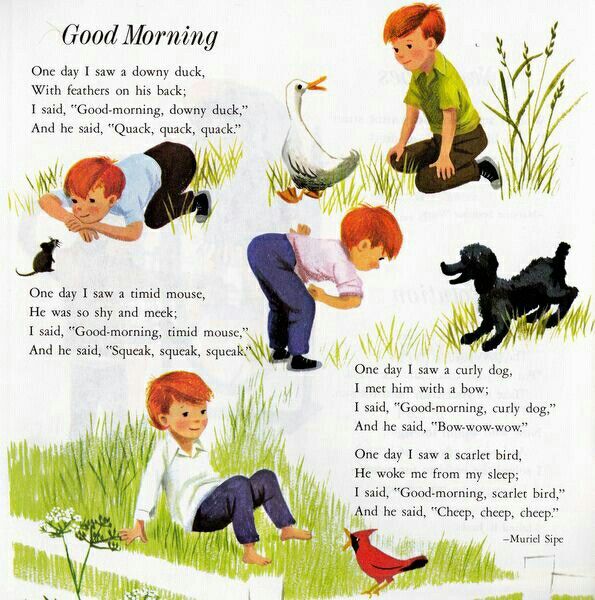 “It was brought over on the Mayflower by the Pilgrims,” she answered to her son's delight. “It’s made from pieces of fabric from all over Europe and is the first blanket used by the first Americans.”
“It was brought over on the Mayflower by the Pilgrims,” she answered to her son's delight. “It’s made from pieces of fabric from all over Europe and is the first blanket used by the first Americans.”
It was just a little white lie, but it was also the beginning of a cherished tradition. As stitches unraveled and as tears ripped the quilt and the little boy's heart, Elise sat by his bed and mended the heirloom. Then she would continue the "true" story of how the quilt had found its way to her son.
“During the Revolutionary War, your quilt was captured by General Cornwallis and used to keep his legs warm on the cold winter nights.” Elise said, weaving a story as intricate as the blanket itself. “It wasn’t until the surrender at Yorktown that it was returned.”
“Yorktown?”
“Yes, Yorktown,'' she said smiling, “George Washington took it from Cornwallis and used it during his eight years as president.”
“You mean my blanket has been to the White House?”
“Of course it has,” Elise answered with a wink.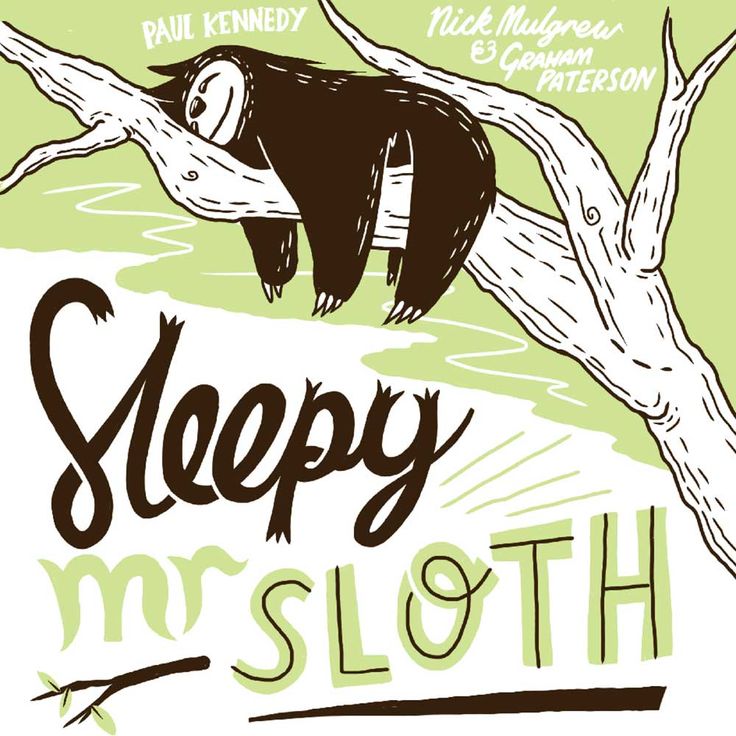 “But not because of George Washington, silly. John Adams was the first president to live in the White House.”
“But not because of George Washington, silly. John Adams was the first president to live in the White House.”
“Who then, Mom? ``The little boy asked., “Who took my blanket to the White House?”
“That’s a story for later,” Elise replied, kissing her son on his forehead. “Now you get some sleep, and I’ll continue the story next time.”
Elise, unfortunately, had far too many opportunities to continue the blanket’s tale as her son was given to debilitating headaches. At first, the doctors thought he was prone to systemic migraines, but the truth was much worse. Many nights, too many, the little boy would curl up in pain, his teeth clenched in a faux smile. The headaches were excruciating, only soothed by a cold wash cloth, his mother’s gentle voice, and the telling of the quilt’s tale as he drifted off to sleep.
There were also many a night where Elise would sit with her son as he slept, meticulously piecing back together the tears that threatened the blanket entirely, wishing there was a way she could also mend her son.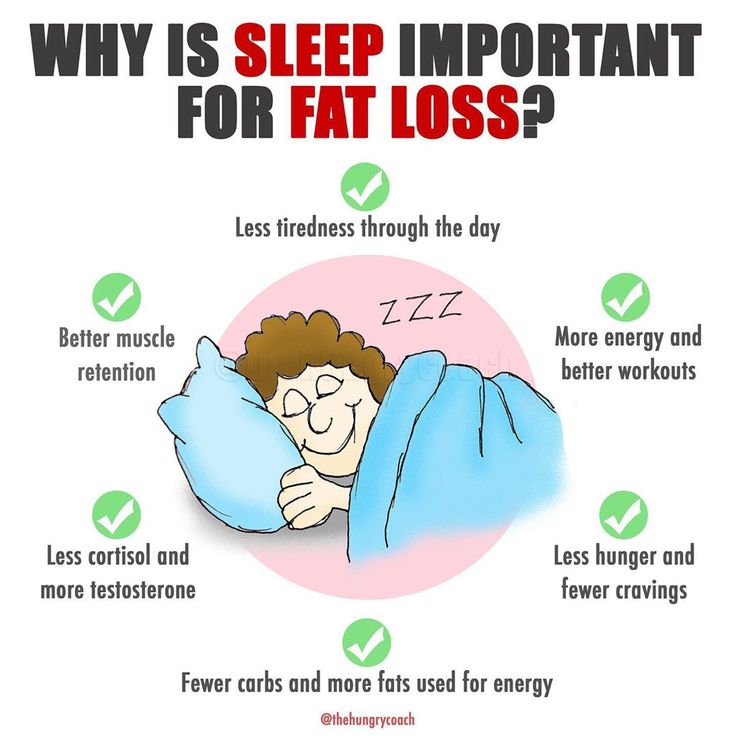 The room would be completely quiet save for the sound of Elise’s song. It was something she had done since she was his age. Inadvertently yet intentionally she would let the air slip through her lips, creating a tune just for him that would live for that moment, replaced the next time by one equally beautiful and equally unique.
The room would be completely quiet save for the sound of Elise’s song. It was something she had done since she was his age. Inadvertently yet intentionally she would let the air slip through her lips, creating a tune just for him that would live for that moment, replaced the next time by one equally beautiful and equally unique.
“As it turns out, the first time the quilt made it to the White House was just after Abraham Lincoln was elected president,” Elise said the next night, continuing the story from where they’d left off. The pain had become more frequent and more intense, requiring more chapters more often. The story's continuation, however, had the desired results, a distraction and a smile.
“Abraham Lincoln, he used my quilt, too?” her son asked, too young to doubt his mother.
“Of course he did,” Elise responded, tickling her son just to hear him laugh. “It’s a little known fact, but Mount Rushmore was actually created to show all of the presidents who used your blanket.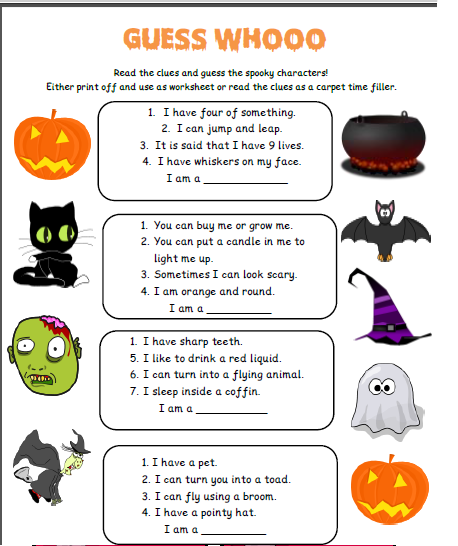 ”
”
Elise always had a basin of cold water by her side whenever she sat with her son. Very early on she learned that the coolness of the cloth would help quiet the pain in his head. It was her greatest joy to moisten the cloth keeping it cold throughout her story. The little boy’s head still throbbed, but while his mom was telling the story she would gently wipe his forehead with the cold cloth, and it was almost as if he forgot the pain for a time. If all went well, he would fall asleep listening to the tale of his blanket, as sleep was becoming his only relief from the pain.
“Did you know your blanket went to the moon?” Elise asked one day when her son seemed particularly down. “Neil Armstrong may have been the first man to set foot on the moon, but he laid out your quilt so he and Buzz Aldrin could have a picnic.”
The idea of two astronauts having a picnic on the moon resulted in spontaneous laughter for both mother and son.
“Is Buzz Lightyear named after Buzz Aldrin?” he asked his mom, as both continued to laugh.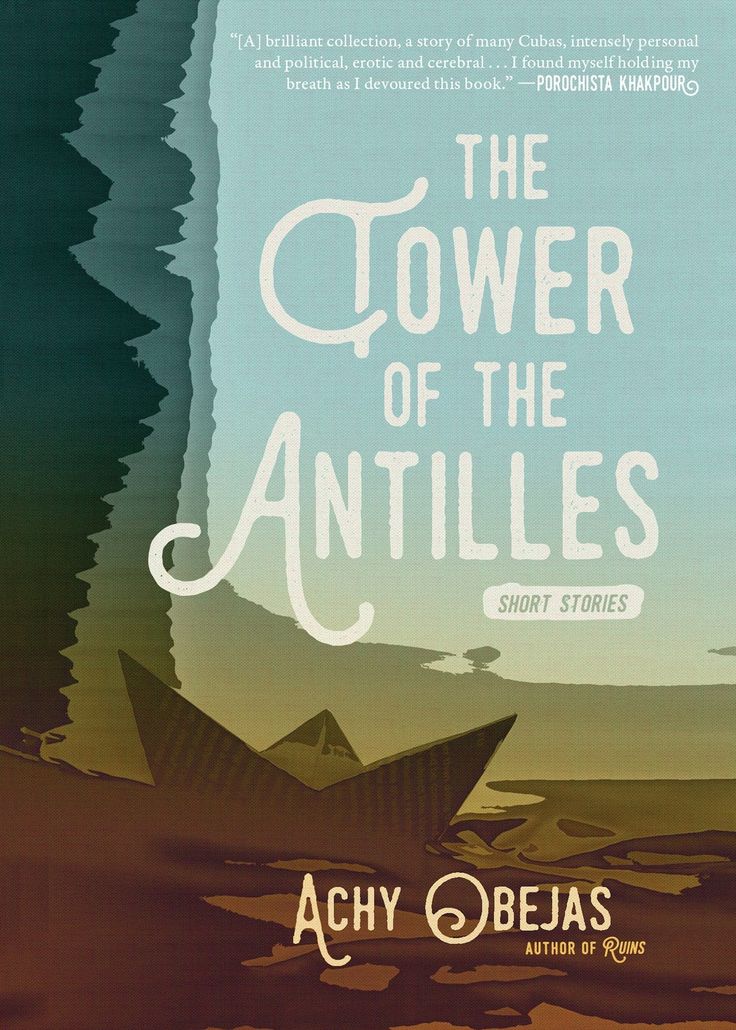
“As a matter of fact he was,” Elise replied with a smile. “If you must know, Buzz Aldrin presented your quilt to Buzz Lightyear as a gift which means your blanket has been…”
“To infinity and beyond!”
“Exactly,” Elise confirmed as she refreshed his cloth and placed it back on his head.
Day after day she would take her boy to doctors and then specialists and eventually to the hospital. Then, night after night, she would sit by his bed and tell the story of the quilt. Elise did everything she could to stretch out the story, and as each new adventure was passed from mother to son so too was hope, in the only way she knew how.
The night that she finished the story was, in so many ways, just like most of the other nights. Elise was home in her favorite chair next to her son’s bed. Her breathing was labored and her voice unsteady. “And then I stopped by a flea market on my way home from the store and there it was, your beautiful, wonderful blanket. I knew you must have it, so I scooped it up, paid the nice woman, and brought it home to you. ”
”
Tears filled Elise’s eyes as she sewed the last stitch on the old quilt. Holding it up, she remembered the first time her son covered himself with the blanket. I love how cool it feels when I first get into bed.
“It’s finally fixed. It’s perfect.” Elise said out loud, tears continuing to flow. “I love how cool it feels, too.”
Summoning every bit of her strength, she lay the beloved blanket on the empty bed in front of her.
Being a mom is a job that is never truly finished, at least she had hoped so. With nothing else left to do for her son, she sat back in the chair and silently sobbed.
cozy stories for the night • Articles on the website of the publishing house BOMBOR
- Articles
- January 13, 2021
Sleepy tales for adults: three stories to help you fall asleep.
More interesting things below
This story began when Katherine Nicolai, a 17-year yoga teacher from Michigan, noticed that daily bedtime stories helped her cope with her insomnia.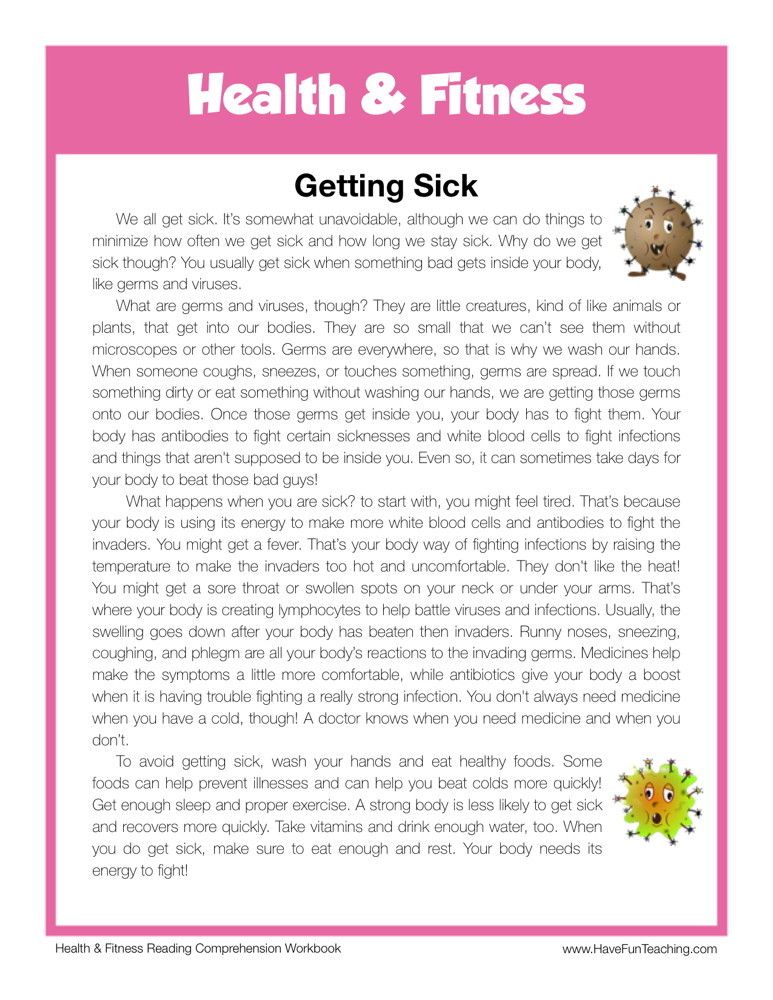 Katherine created the Nothing Much Happens podcast with bedtime stories for herself and her friends. And hit the "bull's eye": the podcast became incredibly successful. Listeners from all over the world wrote thanks for the fact that for the first time in many years they slept through the night, without sleeping pills and nightmares.
Katherine created the Nothing Much Happens podcast with bedtime stories for herself and her friends. And hit the "bull's eye": the podcast became incredibly successful. Listeners from all over the world wrote thanks for the fact that for the first time in many years they slept through the night, without sleeping pills and nightmares.
Katherine's years of experience in yoga and meditation helps her seamlessly blend storytelling with brain training techniques. She knows how to relax the body, how to help the brain build new sleep habits, and how to make being awake as pleasant and serene as sleeping.
We have selected for you 3 cozy stories from Katherine Nikolay's book "Nothing Special Happens" that will help you sleep soundly and, most importantly, get enough sleep.
The instructions are simple: get as comfortable as possible in bed. You will go to the usual friendly place with a cute coffee shop and a small library where the seasons change, and at the local market you can slowly choose spicy herbs and fragrant pears for a birthday cake.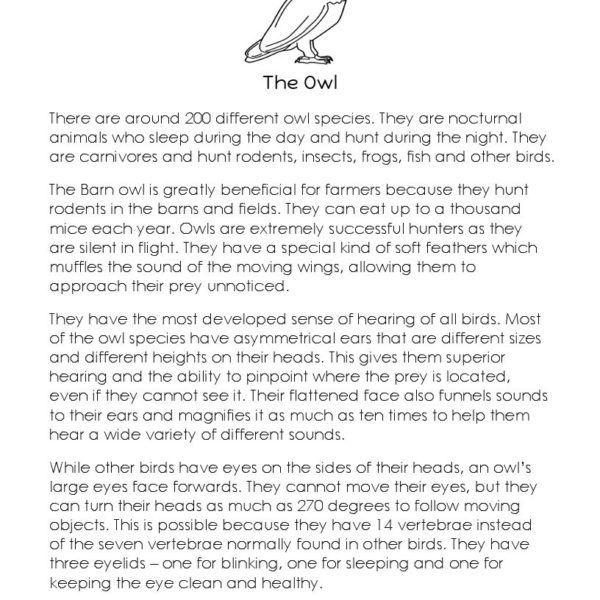
Inhale deeply through your nose and exhale through your mouth. And repeat. Inhale and exhale. Okay, let's start
The first story. Blizzard
The day before we were warned that it would snow all night and all the next day. They said they'd sweep up driveways and lanes, fields and intersections, and that it's best to stay safe at home. We agreed. The whole area and the whole town. Everyone supported this decision. Today we got hit by a snow storm.
I lay in bed in the dead silence of the early morning, thinking of the snow that had covered the ground like a thick blanket, lying on bare tree branches, on the roof above my head, and on everything else you could imagine.
I didn't move after waking up, I just felt my hands relaxed and warm under the covers, and I thought about how good it was to be a snowy day, and how wonderful it was to know that from last night. I slept soundly and woke up not remembering dreams, feeling that today everything would start from scratch.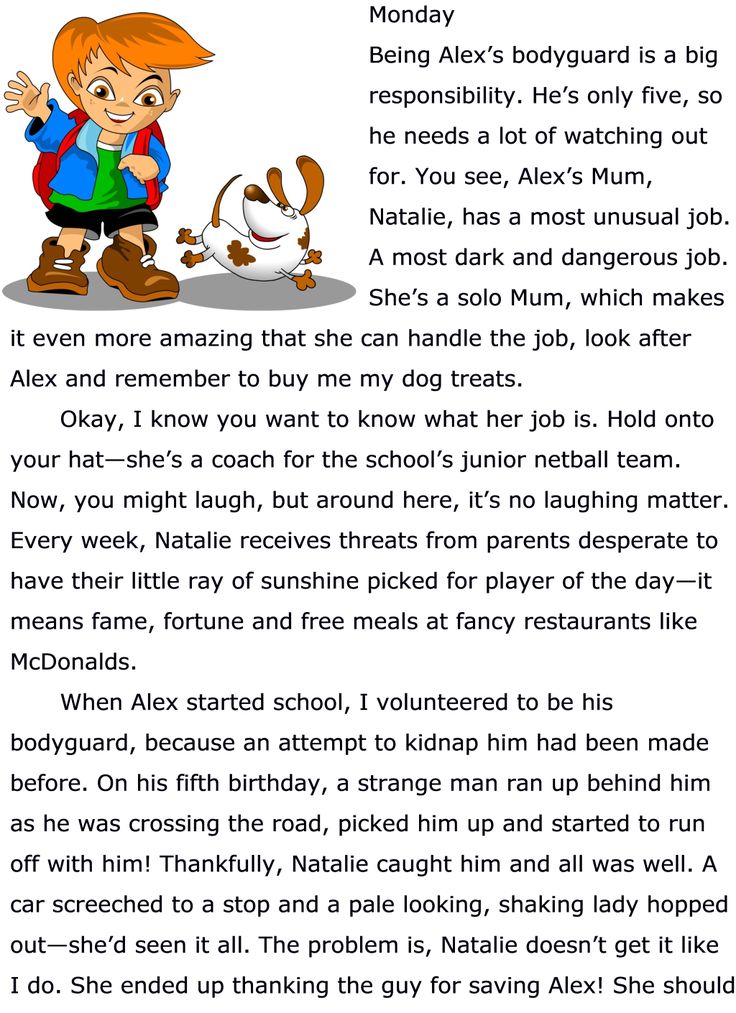 She slipped her feet into the slippers by the bed, pulled on a long thick sweater, and went to the window. She slowly pushed back the curtain and enjoyed a small spark of anticipation in her stomach as she looked at the snow-covered ground.
She slipped her feet into the slippers by the bed, pulled on a long thick sweater, and went to the window. She slowly pushed back the curtain and enjoyed a small spark of anticipation in her stomach as she looked at the snow-covered ground.
There used to be a lot of snow too. I have seen this a thousand times, reliving the same moment since childhood, how in the morning after a heavy snowfall I stand in my pajamas, pressing my nose against the cold window pane, but to this day it causes me admiration.
The morning light was faint and cast long shadows on the drifts, catching still-falling flakes in its smooth flight, and showing the crisp, untouched surface of the snow that covered the ground outside my old farmhouse. I lingered there for a moment, just watching the falling snow, shielding myself from the cold outside with my hands. Enjoyed a gift from mother nature.
As a child, snowy days were associated with excitement and running around with cups of chocolate to the warm kitchen and back.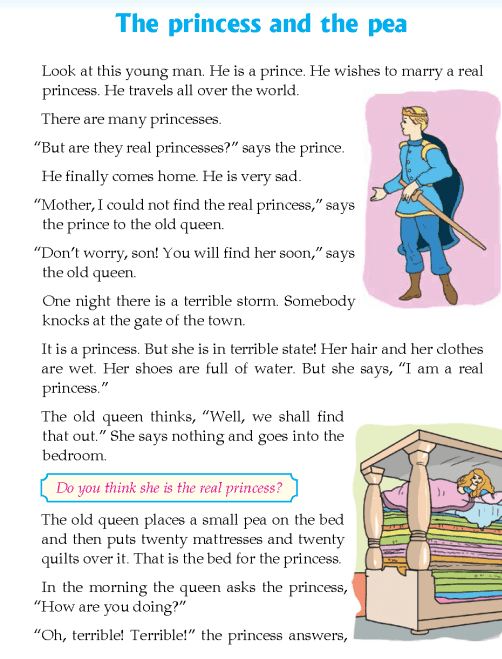 For adults, such days bring relief. You are forced to relax, no one expects anything from you.
For adults, such days bring relief. You are forced to relax, no one expects anything from you.
In a hectic world that sometimes moves too fast, this respite is great medicine. I stocked up on everything I needed the night before: a pound of fresh coffee beans, a long loaf of bread for sandwiches and toast, a bag of muffins and muffins, a bag of winter oranges and grapefruit.
In the fridge was a jug of fresh juice and a huge pile of green vegetables, and in the pantry were neat rows of homemade canned tomatoes and pickles, jars of beans, bags of rice, bags of crackers and pasta. I looked out the kitchen window and told the snow, "Keep falling, I've got enough for a few weeks."
I started making coffee, rummaged through the cupcakes, broke off the corner of one and ate it. “If you are going to do this,” I thought, “then you have to do everything right,” and pulled out a waffle iron from the sideboard. After all, that was part of enjoying the snowy day.
There is finally time to do things that you normally don't, and there's no reason to avoid them. I poured a cup of coffee, took the right ingredients from the shelves and began to mix and beat them, heating the waffle iron. She settled down at the kitchen table with her favorite plate, napkin and fork. I had a flashback of what my aunt did when we were little. She had a special plate in her closet, painted gold in an old fashioned way and didn't match anything else. And, if you did well in an exam, or you had a birthday, or a bad day and you just needed to feel special and cared for, your aunt put her in your place.
I poured a cup of coffee, took the right ingredients from the shelves and began to mix and beat them, heating the waffle iron. She settled down at the kitchen table with her favorite plate, napkin and fork. I had a flashback of what my aunt did when we were little. She had a special plate in her closet, painted gold in an old fashioned way and didn't match anything else. And, if you did well in an exam, or you had a birthday, or a bad day and you just needed to feel special and cared for, your aunt put her in your place.
When you sat down, you stood a little taller and felt her warm hand on your shoulder. And dinner turned into a delight.
This memory kept me warm as I poured batter into a hot waffle iron. It hissed, filling the kitchen with aroma, and I smiled. With pancakes and waffles, the rule of three always applies. Don't overcook the first, burn the second, and the third will be perfect.
When the plate was full, I sat with a cup of fresh coffee and a warm jug of maple syrup, enjoying my breakfast, watching the snow fall.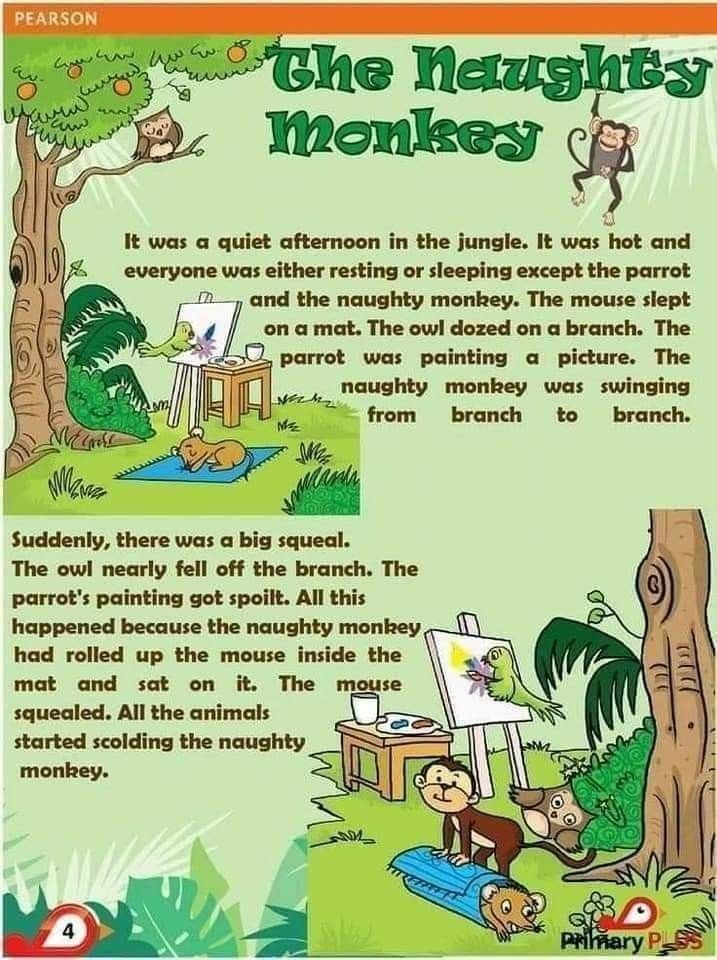 I peeled the orange and ate the slices slowly between sips, setting the rind aside, thinking I'd add it later to a simmering pot with cinnamon sticks, vanilla and a couple of cloves. Let it simmer all day to fill the house with a sweet aroma and soften the dry air with steam. I rinsed my plate, tidied up the kitchen and began to walk from window to window, looking out into the street.
I peeled the orange and ate the slices slowly between sips, setting the rind aside, thinking I'd add it later to a simmering pot with cinnamon sticks, vanilla and a couple of cloves. Let it simmer all day to fill the house with a sweet aroma and soften the dry air with steam. I rinsed my plate, tidied up the kitchen and began to walk from window to window, looking out into the street.
In the evening I brought firewood and put it in the fireplace: now it was ready to give warmth. She lit a long match and held it up to the paper and kindling, watching it burn. She added a few crumpled newspapers to the fire and squatted by the fire for a couple of minutes until her face and fingers warmed up.
Now the wind was blowing and I watched small swirling spirals of snow appear and disappear in the air. Maybe later I'll pack up and go for a long walk through the fields and woods, and then reward myself with a cup of something hot; but now I was not going to leave my cozy place.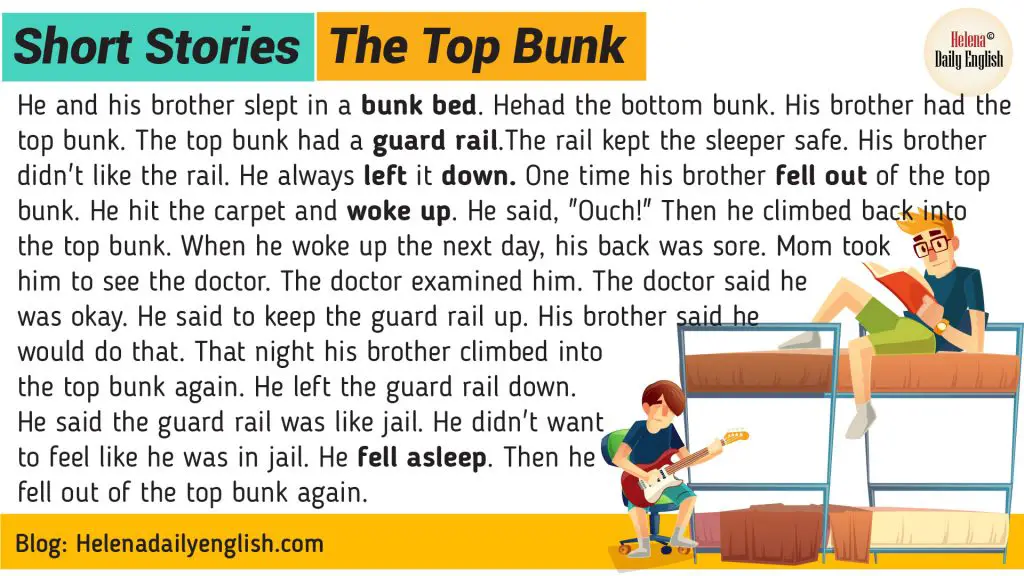 I imagined laying out a puzzle on the table and thinking about it while a movie was playing in the background, or reading for hours, or lying in a hot bath until the skin on my fingers wrinkled.
I imagined laying out a puzzle on the table and thinking about it while a movie was playing in the background, or reading for hours, or lying in a hot bath until the skin on my fingers wrinkled.
But first, having had my fill after breakfast and warming up by the fireplace, I stretched out on the sofa, covered my legs with a warm blanket, and felt that it would be best to close my eyes, listen to the crackling of logs, and forget myself in a long winter sleep.
Sweet dreams.
Second story. Night outside with a dog
I heard the soft rustle of dog paws when my pet stopped by the bed. My ears were already programmed for it. I heard him sigh at night or toss and turn in bed. And when he got up and quietly stood next to me, I heard it too. He is already an old dog with a gray muzzle, and his movements are slow and careful.
Our walks got a little shorter, but today he saw a squirrel running along the pavement and suddenly found some youthful canine energy in his limbs.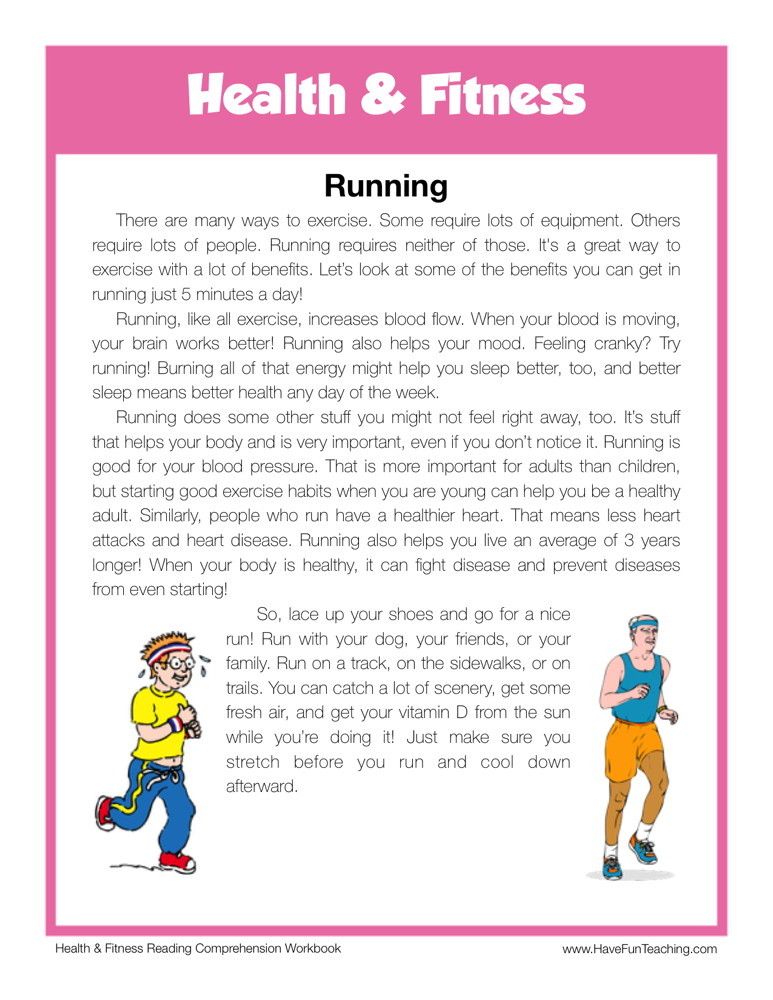 He pulled me along, following the path. Fortunately, the squirrel was not caught, but he enjoyed the chase. He barked as she ran up the tree and teased him with the language of little animals who know how fast they are. I stroked his head and told him that he tried his best. Shouldn't we go to the park? I reached out to put my hand on it and lowered my feet to the floor, sleepy but understanding.
He pulled me along, following the path. Fortunately, the squirrel was not caught, but he enjoyed the chase. He barked as she ran up the tree and teased him with the language of little animals who know how fast they are. I stroked his head and told him that he tried his best. Shouldn't we go to the park? I reached out to put my hand on it and lowered my feet to the floor, sleepy but understanding.
As he got older, he sometimes had to leave the house in the middle of the night. I didn't mind at all, wrapped myself in a dressing gown, slipped my feet into my slippers, and we went down the stairs to the backyard. Most of the time, I just let it out and came back a few minutes later, but as I opened the door this time, I felt something in the smell of the air pull me outside. It was pitch dark, deep night, about three o'clock. There came those weeks when the weather tossed between autumn and winter.
The cold air opened my eyes and I lifted them up to see a clear sky lit by stars and a moon that was barely more than half visible.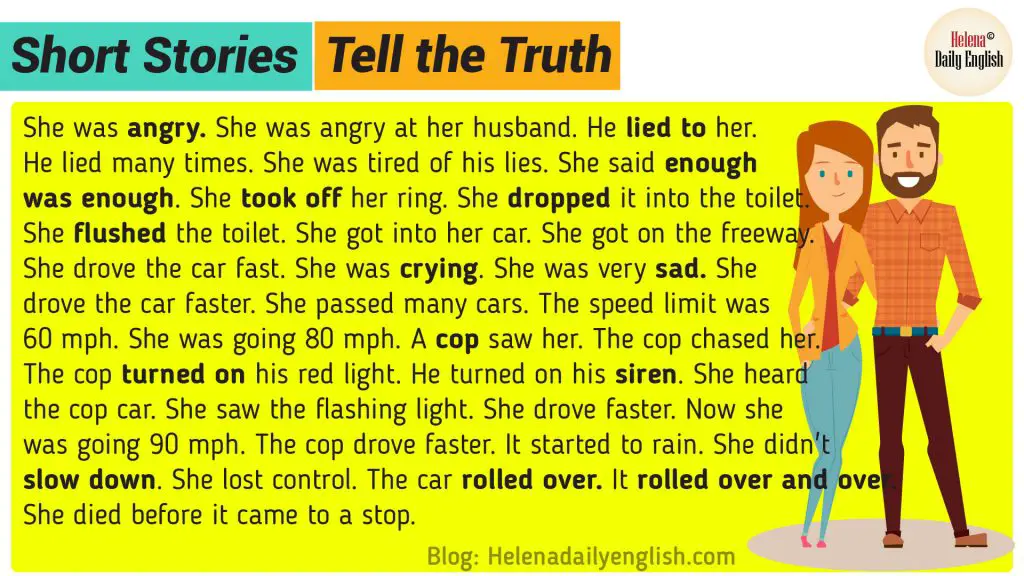 Growing moon, I thought. After the dog returned to me, we stood very still and just listened. Summer nights are filled with the buzzing of beetles, the croaking of frogs, and some unreasonable buzzing that comes from nowhere and is simply present in the air. Maybe it's the fecundity of growing, swaying plants, or just the trace of life left after a day in the sun, but it certainly sounds loud.
Growing moon, I thought. After the dog returned to me, we stood very still and just listened. Summer nights are filled with the buzzing of beetles, the croaking of frogs, and some unreasonable buzzing that comes from nowhere and is simply present in the air. Maybe it's the fecundity of growing, swaying plants, or just the trace of life left after a day in the sun, but it certainly sounds loud.
There is a special sound that can only be heard in the middle of the night just before winter, a shocking silence. Not a single car passed by, no one was visible except us, and only the faint rustle of a very light wind stirred in the bare branches high above us. The earth was asleep, its creatures curled up in their burrows, preparing for the new season. The bulbs were deep under mulch and dirt, only dreaming now of the vibrant pinks, purples and yellows they would turn into in spring. We stood still for a while, and I let the cold air tingle my fingers and move up my neck, knowing that I would soon be back in a warm bed.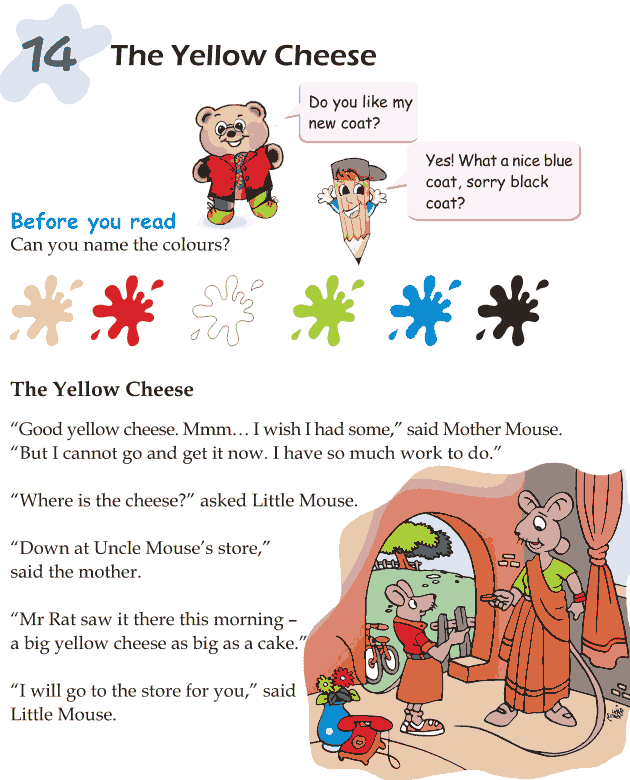
I took a few very deep breaths, and under the spicy scent of dry leaves, something clean and clear appeared in the air. I thought it might be snow. Tomorrow these clear skies may be thick with clouds. And if we get up again in the middle of the night, which we most likely will, we will be standing under the first falling flakes.
I leaned over and slowly kissed my old man on the top of his head, and then we turned and walked back into the house. He stopped to drink water. I drank too and slowly walked up the stairs back to the bedroom. He turned a few times and sat down on the large soft cushion. I covered the dog with a blanket and tucked it in from all sides. In a few seconds he will be asleep. We should all learn this from dogs: they can go from awake to deep sleep instantly and wake up just as easily.
I took off my bathrobe and slippers and pulled back the heavy blanket on the bed, slipped onto the sheets and straightened the covers. I felt the cold gradually leave my body until the tips of my toes were warm again.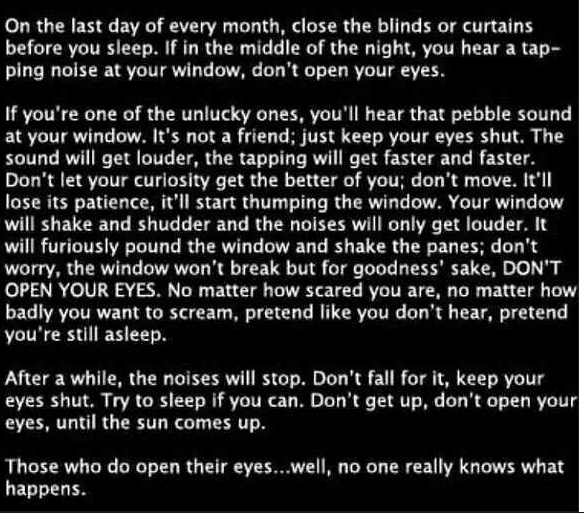 I thought about the change of season, the gentle breeze outside, and how grateful I was that the dog had taken me along. It's the magic that our friends give us: they take us to places we wouldn't go on our own and show us things we would otherwise miss.
I thought about the change of season, the gentle breeze outside, and how grateful I was that the dog had taken me along. It's the magic that our friends give us: they take us to places we wouldn't go on our own and show us things we would otherwise miss.
I sighed slowly, rolled over on my side, pulling the blanket over my shoulders, and felt myself sinking into sleep, drawing part of today into my daydreams, falling asleep. The squirrel swept its tail high up in the tree. The leash was taut because the dog suddenly wanted to run. Growing Moon and sleeping Earth. Probability of first snow.
Yes, I'll probably wake up again tomorrow night, and the day after tomorrow, and so on, but it made me happy.
Sweet Dreams.
The third story. Winter day outside the window
From the window I watched what was probably the last big snowfall of this winter.
Snow lay in even layers on the lawns and rooftops of our block.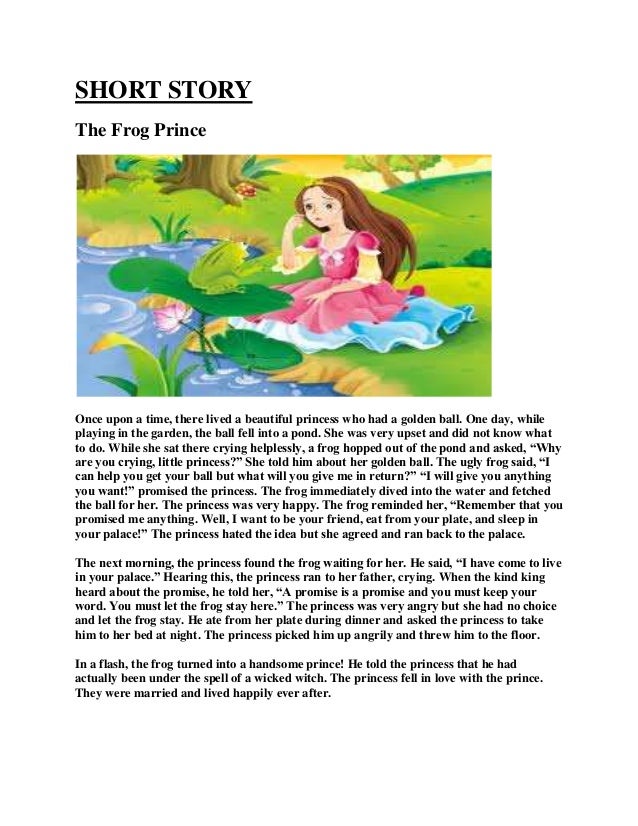 I knew we all wanted spring now, but we could be coaxed into spending another day admiring the quiet charm of falling flakes, squeezing snowballs with gloves and making snowmen, sledding down the hillside in the park.
I knew we all wanted spring now, but we could be coaxed into spending another day admiring the quiet charm of falling flakes, squeezing snowballs with gloves and making snowmen, sledding down the hillside in the park.
I didn't know if I wanted to go sledding, but I was ready to watch it from the cozy warmth of the living room, warming my feet with thick socks to the whistle of the kettle boiling in the kitchen. Watch how a small flock of neighboring children, wrapped from head to toe, dragged sleds and ice-boats on thin ropes. Even in boots and insulated thick trousers, they somehow skipped forward and called their friends and younger sisters to speed up their pace. The sledding hill was waiting for them.
As a child, there was one in the neighborhood, and I remembered with what delight we rushed from it, crammed into the sleigh two or three of us, holding on to their worn-out reins and each other, and shouted, picking up speed. We rolled over or crashed into a pile of snow, jumped up, shook snowflakes from our faces and raced back up.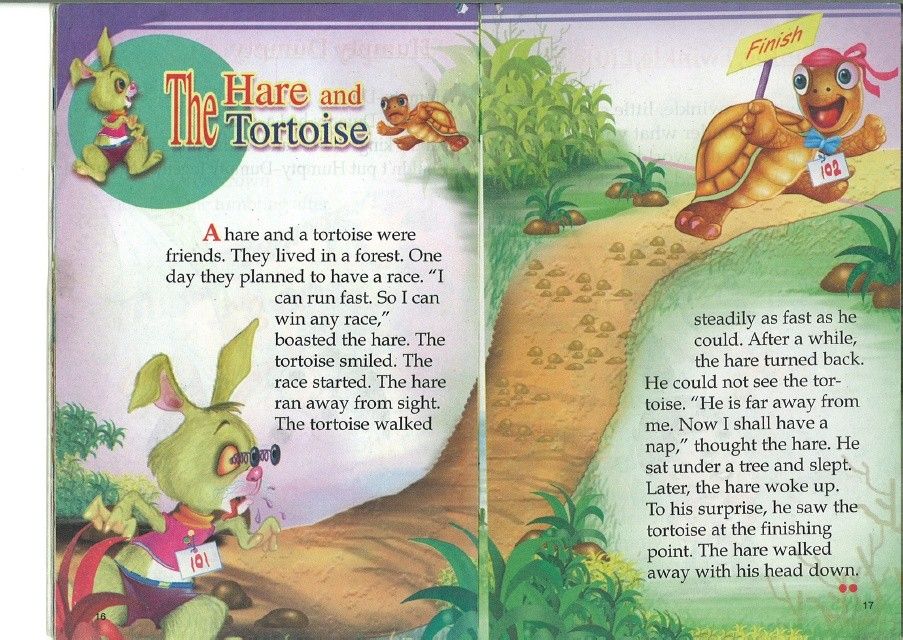
Sometimes it was cold or someone's parents drove us back into the house to keep warm. We took off our wet coats and hats, put them on the radiator so that they would dry faster, and sometimes, without waiting, put them on again and raced up the hill.
I went into the kitchen, poured boiling water from the kettle into a cup, and tossed the tea bag in, shaking it slowly as I watched the reddish-brown color of the rooibos flow like ink into the water. She went to the sideboard and took out a pack of cookies, bought the day before.
Pushing a cart down the aisles of the grocery store, I was lost in the day's worries when I saw a familiar orange pack of cookies I hadn't eaten since I was a kid. It looked like windmills, light brown, with almond flecks scattered across the dough.
In the blink of an eye, I forgot about the confusion of thoughts that did not let me go, and reached for the pack on the shelf. The inscription was exactly the same as it had been when I was a child, thick and slightly smeared, as if it had been printed on an old-fashioned press.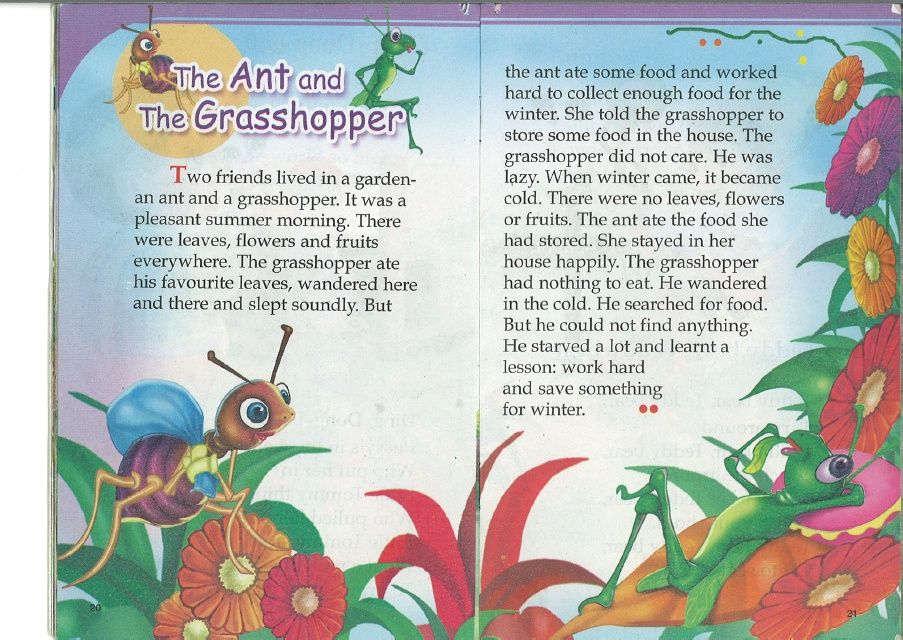 The company logo was a greased windmill and a family name, and when I turned the pack over, I saw that the cookies were still being made in a small town up north.
The company logo was a greased windmill and a family name, and when I turned the pack over, I saw that the cookies were still being made in a small town up north.
Suddenly, I felt immense gratitude that this delicacy had ended up here, on the shelf of a nearby store. She smoothed out the wrapper and peered through the cellophane at the cookies. It wasn't perfectly shaped, each a little irregular, some darker, thicker, or paler. They immediately migrated to my cart, and since then I have been looking forward to the moment to open them for tea.
I ate these cookies at my grandparents' house. Looking back, I couldn't remember trying them anywhere else. She took out a plate, placed a stack of windmills on it, and carried them back to the chair by the window. Sitting comfortably and tucking her legs under her, she put the blanket on her knees and took one of the cookies. I brought it to my nose and inhaled the sweet aroma.
There was some spice in it - I smelled the smell of cloves, nutmeg, cinnamon and a faint cherry-sweet aroma of almonds.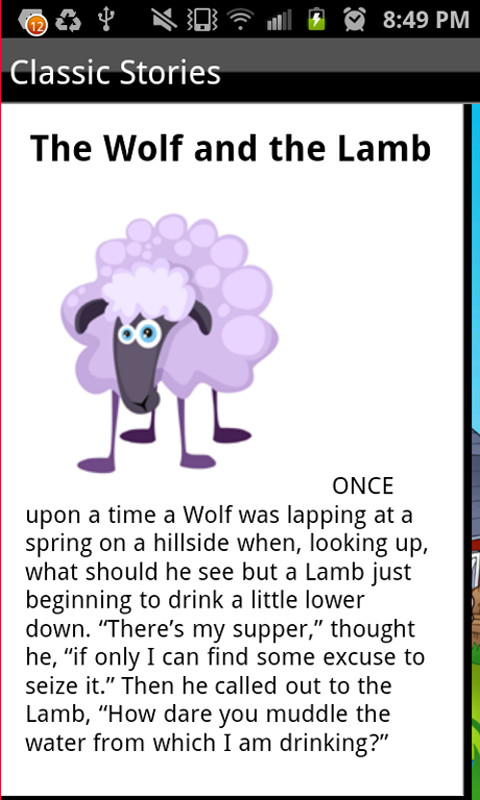 I took a bite, the cookies were a little crumbly and dry, but the taste immediately brought me back to my grandparents' kitchen. Their house was small, with a tiny front porch, and nestled in a cozy spot among tall, old trees. Their shadows lurked in every corner, and the rooms were filled with paintings and toys that had once belonged to my father. But in the daytime the house was bright and full of sun.
I took a bite, the cookies were a little crumbly and dry, but the taste immediately brought me back to my grandparents' kitchen. Their house was small, with a tiny front porch, and nestled in a cozy spot among tall, old trees. Their shadows lurked in every corner, and the rooms were filled with paintings and toys that had once belonged to my father. But in the daytime the house was bright and full of sun.
Grandmother hid the “windmills” in the back of the cupboard, covering the cookies with a jar of flour so that grandfather would not accidentally stumble upon them. She and I would put a pack of biscuits on the table and each one would dip them into their drink, Grandmother into coffee and I into cocoa, and slowly ate it while watching the squirrels running along the fence.
Maybe I inherited a penchant for quiet contemplation from her. Looking out over the snow-covered yard, I raised my cup to share my memories of our time in the kitchen with her, then washed down the cookies with a slow sip of tea.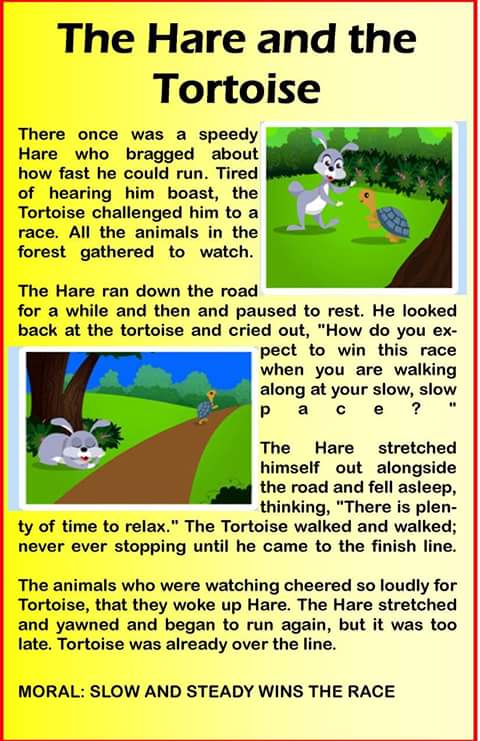 A few more guys ran to their friends on the hill, and mittens dangled from strings on their wrists. I saw how the snow lay flat on the bare branches of a plane tree in a neighbor's yard and the slanting peach-orange rays of the setting sun spilled across the sky. Yes, I will be happy for spring when it comes, but I was happy to stay at home and watch the snow fall.
A few more guys ran to their friends on the hill, and mittens dangled from strings on their wrists. I saw how the snow lay flat on the bare branches of a plane tree in a neighbor's yard and the slanting peach-orange rays of the setting sun spilled across the sky. Yes, I will be happy for spring when it comes, but I was happy to stay at home and watch the snow fall.
Sweet dreams.
More cozy stories, meditations to relieve stress throughout the day, recipes and crafts in Katherine Nicolai's book Nothing Special Happens. Cozy stories for restful sleep. Reclaim your restful sleep and all the joys that come with it.
Tell everyone what an interesting article you found!
Nothing special is happening. Cozy stories for restful sleepCatherine Nikolay
800 ₽
Buy
Read related
Articles • December 4, 2020
How to sleep to get enough sleep
We tell you how to find the perfect balance in bed without sticking one leg out from under the covers and focus on relaxation.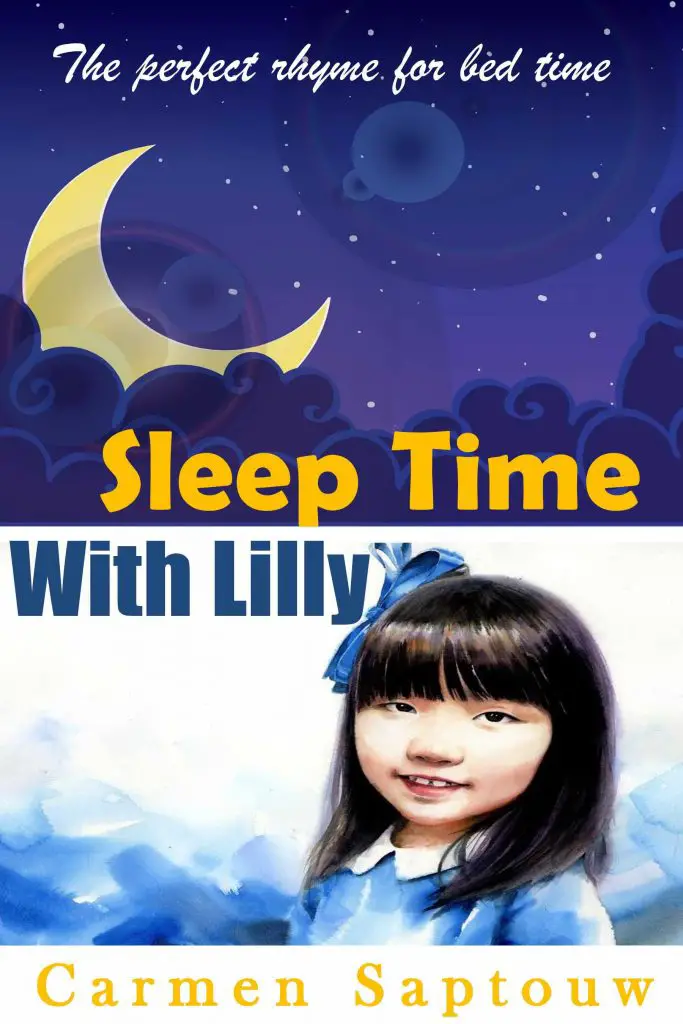
Articles • July 28, 2020
Teips. An alternative to Botox and surgery
How to stay young with colorful tapes on your face.
Interview • November 29, 2019
How to be healthy all your life?
We talked with the author of our novelty “Evidence-Based Medicine. Checklist of a healthy person, or What to do while nothing hurts ”by Roxana Mukharyamova on how to always be healthy.
Bedtime stories | Papmambuk
Bedtime stories
Irina Ryabkova January 23, 2017 8521 Read in English
The glorious tradition of reading before bed has not taken root in our family. Lada is a sensitive child, she is not one of those who easily falls asleep among talking people, in the light and other sources of impressions. The book also serves as such a source: history, illustrations attract her attention and "hold" it, do not give the opportunity to relax and fall asleep. Moreover, the daughter herself asks to read, apparently intuitively choosing this activity as “calm”, but as a result, it has never led her to fall asleep. So we have our own tradition - before going to bed we tell the books we read. The room is dark, quiet, the bed is cozy - nothing distracts and does not draw attention to itself. Lada listens to her favorite stories and falls asleep.
Moreover, the daughter herself asks to read, apparently intuitively choosing this activity as “calm”, but as a result, it has never led her to fall asleep. So we have our own tradition - before going to bed we tell the books we read. The room is dark, quiet, the bed is cozy - nothing distracts and does not draw attention to itself. Lada listens to her favorite stories and falls asleep.
Meowli at the vet»
Good book! 11
Favorite stories usually last for several weeks. Now it's Mewley at the Vet by Judith Kerr, After the Storm and One Winter Night by Nick Butterworth, Chick and Bricky. Favorite Frog" Axel Scheffler.
"Telling" a children's book is not at all the same as reading. In fact, you can know it by heart, but you still won’t be able to tell it “by heart”, because the book is half composed of illustrations. I understood their meaning only when I first tried to retell what Lada had read. I suddenly found myself "dunking", stammering, all the time picking up words - and this is in a "simple" children's story!
The fact is that pictures complement the text, and not just decorate or “enliven” it.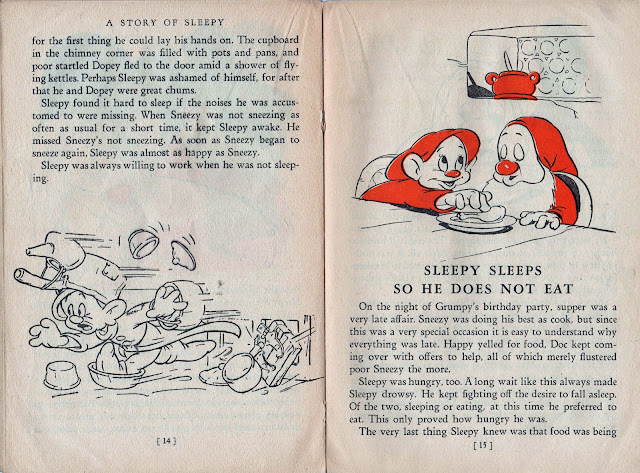 When we read to a child, we are constantly distracted by them - we show, explain the text with their help, pay attention to interesting details. We do this "by the way", without even noticing that sometimes a child receives no less amount of information from the "author's" mother's speech and illustration than from the text.
When we read to a child, we are constantly distracted by them - we show, explain the text with their help, pay attention to interesting details. We do this "by the way", without even noticing that sometimes a child receives no less amount of information from the "author's" mother's speech and illustration than from the text.
For example, in the book “Meowli at the veterinarian” there is a difficult moment for the narrator:
“…Meowli didn't want to get out of the basket.
- We'll have to shake it out! the vet decided.
– Well, well… Show me a bad paw…
The doctor's hand flickered in the air, and in the next moment he solemnly said:
– Well, that's it. Meowli had a splinter in her paw. Look how big!”
There is an illustration for each veterinarian's remark in the book, which you can simply point to to a child and the image of what is happening will “complete” by itself. We, adults, easily fill in such gaps in our imagination, even when we encounter a text for the first time.




